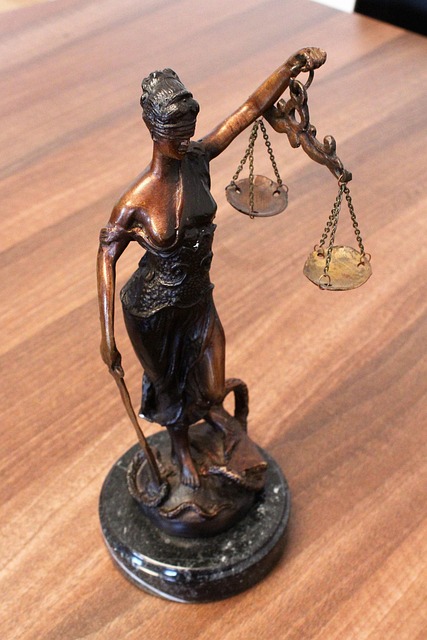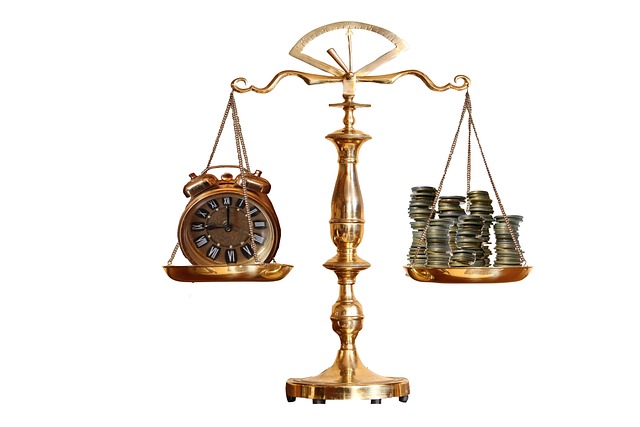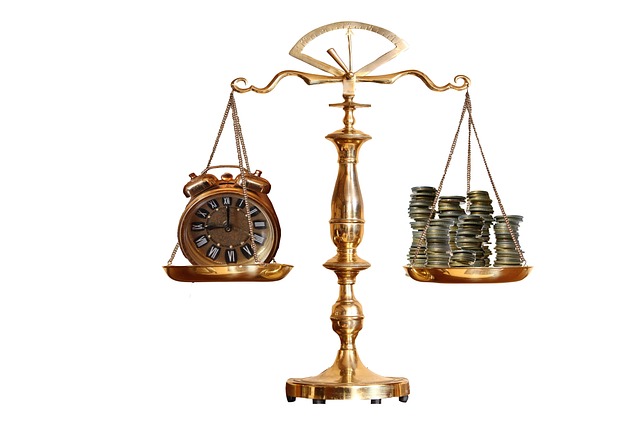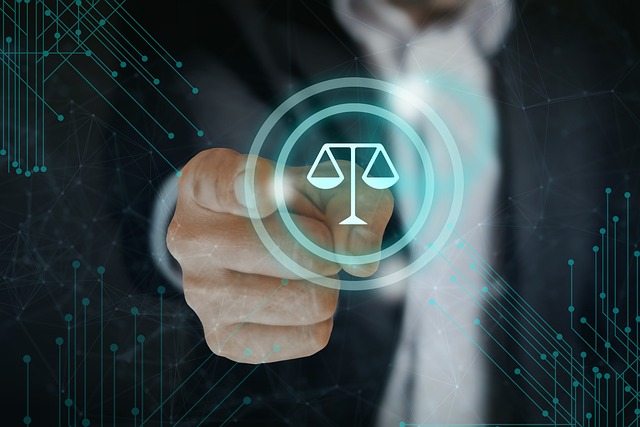Corporate crime investigations uncover business wrongdoings through intricate processes including document reviews, witness interviews, digital forensics, and legal strategies. Meticulous evidence review, expert guidance, and understanding of criminal/corporate law ensure justice and prevent wrongful convictions (as outlined in the Steps to Overturn a Wrongful Conviction). Post-conviction relief procedures, involving appeals and detailed legal arguments, can lead to freedom, reputation protection, financial stability, and setting legal precedents.
Corporate crime investigations are complex, demanding meticulous processes and specialized players. This article delves into the intricate world of understanding these inquiries, focusing on key strategies and legal avenues. From evidence review to appeals, we explore practical steps to overturn a wrongful conviction in corporate cases. Learn about the critical role of investigators, prosecutors, and defense teams, and discover how legal strategies can challenge convictions. By examining these processes, businesses and individuals can better protect their rights and ensure fairness.
- Understanding Corporate Crime Investigations: The Process and Key Players
- Evidence Review and Legal Strategies: Ousting Wrongful Convictions
- Post-Conviction Relief: Navigating Appeals and Potential Outcomes
Understanding Corporate Crime Investigations: The Process and Key Players

Corporate crime investigations are a specialized field focusing on wrongdoings within businesses and organizations. These inquiries involve complex procedures to uncover illegal activities such as fraud, embezzlement, or environmental violations. The process typically begins with gathering evidence through document reviews, witness interviews, and digital forensics. This initial phase is crucial in building a strong case against potential perpetrators.
Key players in corporate crime investigations include legal professionals, forensic accountants, and specialized investigators. Legal experts guide the investigation, ensuring compliance with laws and regulations. Forensic accountants delve into financial records to identify discrepancies, while investigators collect and analyze physical evidence. Together, these professionals work to expose the truth, often reversing wrongful convictions through meticulous steps outlined in the steps to overturn a wrongful conviction. Their efforts are vital in maintaining integrity across the country for their clients and respective businesses.
Evidence Review and Legal Strategies: Ousting Wrongful Convictions
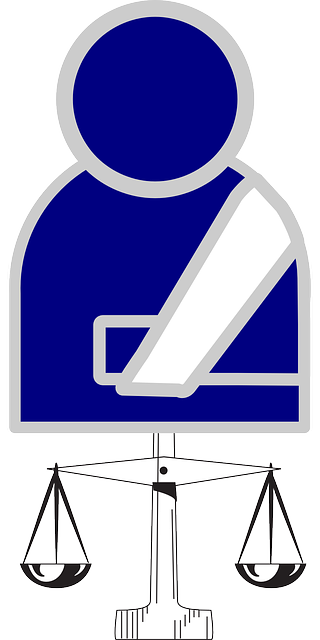
In corporate crime investigations, the review of evidence is a meticulous process that demands unwavering attention to detail. The goal is not merely to uncover truths but also to ensure justice, which includes safeguarding against wrongful convictions. This involves a comprehensive analysis of all available data, from financial records to witness statements, in light of the applicable laws and regulations. By employing sophisticated legal strategies, investigators aim to expose any discrepancies or inconsistencies that could lead to the complete dismissal of all charges.
For his clients, navigating this intricate landscape requires expert guidance through all stages of the investigative and enforcement process. The strategy may include challenging the admissibility of evidence, cross-examining witnesses, and leveraging legal loopholes to undermine the prosecution’s case. Ultimately, the steps to overturn a wrongful conviction necessitate a thorough understanding of both the criminal justice system and the nuances of corporate law, ensuring that justice prevails while maintaining the integrity of the investigative process.
Post-Conviction Relief: Navigating Appeals and Potential Outcomes
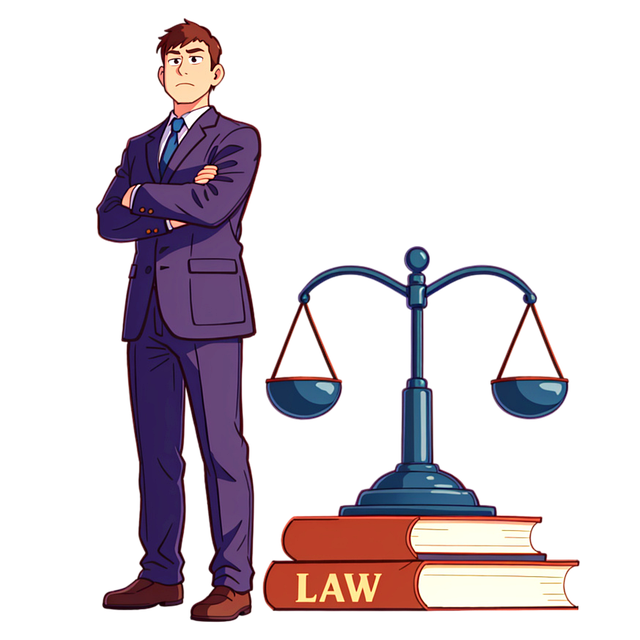
After a conviction, individuals or entities found guilty of corporate crime often seek post-conviction relief, which involves navigating complex legal procedures to overturn the verdict. This process includes appeals, where legal teams examine the trial’s procedural aspects and evidence presentation for any errors or inconsistencies. A successful appeal can lead to a new trial, acquittal, or reduced sentence.
The steps to overturning a wrongful conviction in high-stakes cases, such as white collar and economic crimes, require meticulous attention to detail. Legal counsel must thoroughly review the case, identify procedural mistakes, and present compelling arguments before the appeals court. For their clients, this can mean securing freedom, protecting reputations, and ensuring financial stability. The potential outcomes include not only a reversal of the conviction but also setting legal precedents that may influence future investigations and trials in similar cases.
Corporate crime investigations are complex, requiring meticulous processes and specialized players. Understanding these aspects is crucial for navigating not just investigations but also legal strategies and appeals. By reviewing evidence thoroughly and employing robust legal arguments, it’s possible to overturn wrongful convictions. This multi-step process, involving a systematic review and strategic representation, offers a chance for justice—a testament to the resilience of our legal system in rectifying errors. Remember that each case is unique, and following the steps to overturn a wrongful conviction can bring about significant changes and ensure fairness.


